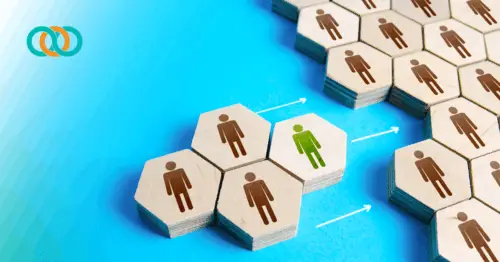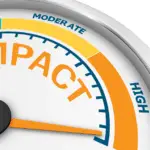Are you a leader seeking to create a more harmonious and effective team? It’s essential to understand how personality types influence team dynamics. Teams are often a blend of different personalities, each with its strengths and challenges. As you embark on your career journey, gaining insights into how to leverage these differences can help you create more harmonious and effective teams and you will be able to lead more effectively.
Understanding Your Personality Type:
To navigate the world of work effectively, you can begin by gaining insights into your unique personality type. There are various methods and models for categorizing personalities, each offering valuable perspectives. Understanding your tendencies and preferences will help you adapt and thrive in team-oriented workplaces and be a better leader.
Leveraging Your Personality in Teams:
- Know Your Strengths: Each personality type comes with unique strengths. If you’re an extravert, you might excel in roles that involve networking and communication. On the other hand, if you lean more toward introversion, your focused attention might make you a great fit for analytical tasks. Embrace and leverage these strengths.
- Effective Communication: In a team, effective communication is key. Ensure you communicate openly and be willing to adapt your communication style to match your team members’ preferences. For example, introverted team members might appreciate written communication, while extroverts prefer face-to-face discussions.
- Diverse Problem Solving: Diverse teams offer a broader range of problem-solving approaches. Encourage brainstorming sessions where everyone can express their ideas and approaches. Your unique perspective might lead to innovative solutions.
- Conflict Resolution: Personality clashes can lead to conflicts within a team. You can help mediate these conflicts by understanding the underlying causes, often rooted in personality differences, and contribute to resolving them amicably.
Taking the Next Step:
Recognizing the significance of personality types in team dynamics will set you apart as a consultant, a leader or an effective team member. Leverage your strengths, communicate effectively, contribute to diverse problem-solving, and facilitate conflict resolution. These skills will not only make you an asset to your future employers but also help you thrive in any team-oriented workplace. Are you interested in engaging a consultant to help your team navigate personality types? We have the consultants that can help. Schedule a consultation with us today!
- 0share
- LinkedIn0
- Twitter0
- Facebook0
- Love This0









